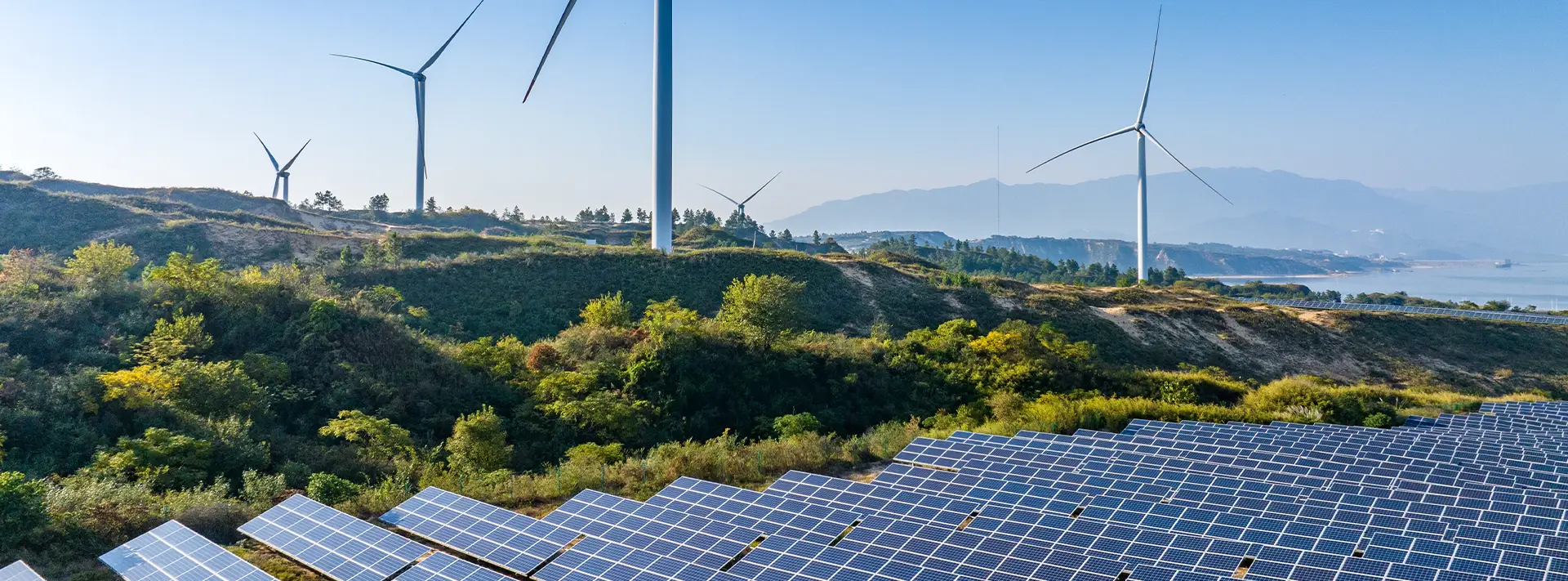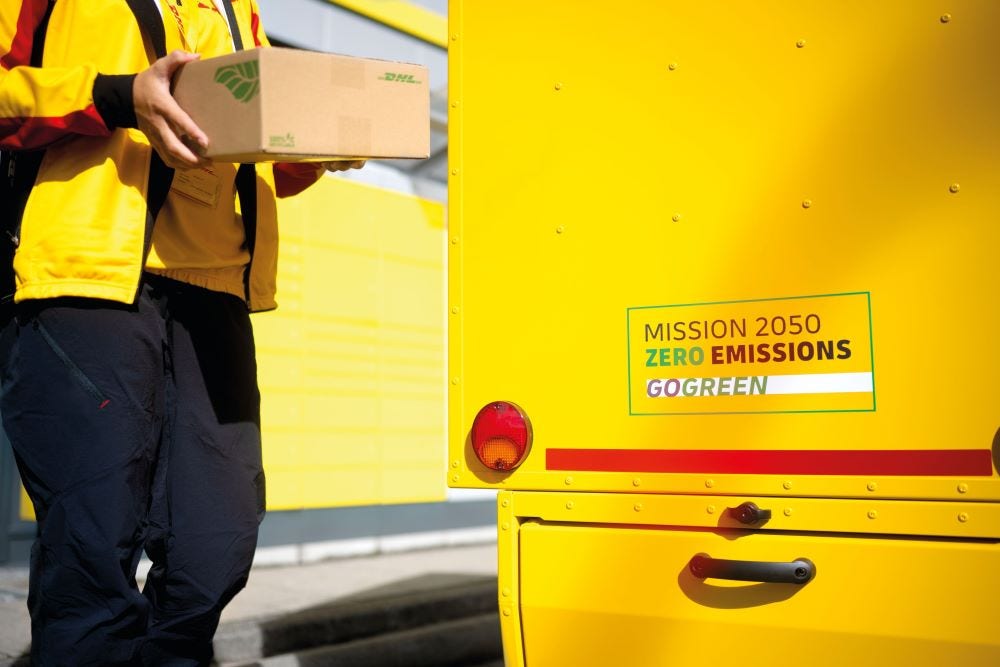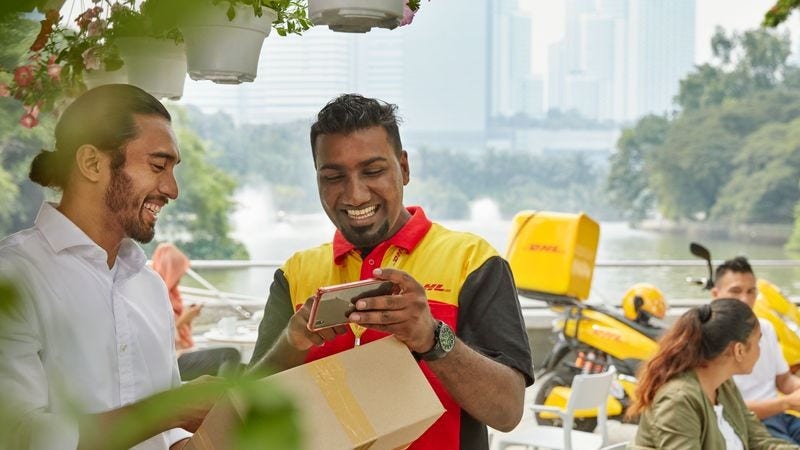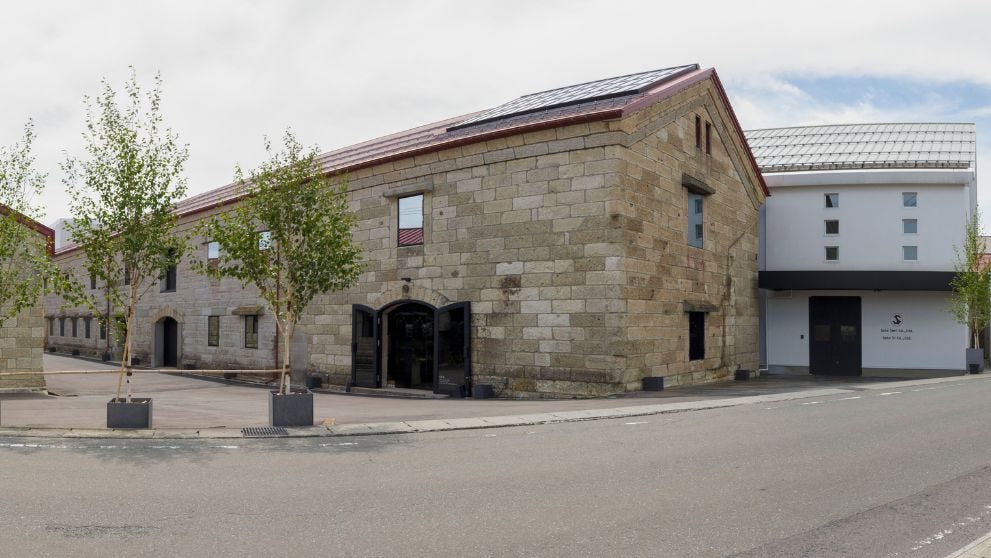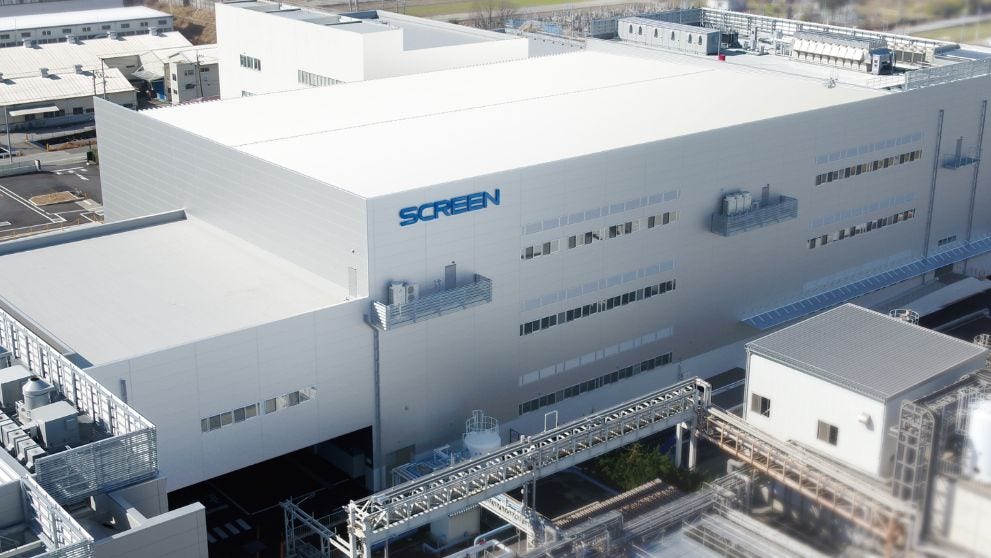
Sustainability has become a crucial focus as the logistics landscape evolves. DHL Express is leading the way in this by integrating Sustainable Aviation Fuel (SAF) into its operations. SAF, a key component in reducing the environmental impact of aviation, offers a practical solution for achieving greener logistics. This blog explores the significance of SAF and DHL Express' pioneering efforts in promoting sustainable practices within the logistics industry.
Understanding sustainable aviation fuel
Sustainable Aviation Fuel (SAF) is a low-carbon aviation fuel that offers a sustainable alternative to conventional jet fuels like avgas. Unlike traditional fuels derived from petroleum, SAF is made from renewable resources such as municipal solid waste, woody biomass, fats/oils/greases, and other feedstocks.
SAF offers substantial environmental benefits by reducing up to 80% of greenhouse gas emissions, compared to conventional jet fuels. Both production and use of SAF emit less carbon dioxide, making it a critical component towards achieving carbon-neutral flights and contributing to global climate action.
One of the most notable advantages of SAF is its compatibility with existing aircraft and infrastructure. This means that SAF can be used as a drop-in replacement for traditional jet fuels without the need for modifications to airplane or fuelling systems. This compatibility allows for immediate implementation, making SAF a practical solution for the aviation industry, enabling airlines and logistics companies to transition to more sustainable operations seamlessly, complying with stringent environmental regulations and sustainability goals.
Production and technology of SAF
The production of SAF involves various innovative methods and feedstocks. Common feedstocks include municipal solid waste, woody biomass, and fats/oils/greases, which are converted into fuel through several key production pathways. These pathways include the Fischer-Tropsch process, Hydroprocessed Esters and Fatty Acids (HEFA), and Alcohol-to-Jet (ATJ) synthesis.
 Image source: Canva
Image source: Canva
Municipal solid waste, a plentiful and renewable resource, can be transformed into SAF through the Fischer-Tropsch process. This method involves gasifying the waste to produce syngas, which is then converted into liquid hydrocarbons. Woody biomass, another renewable feedstock, can be processed similarly. The HEFA pathway converts fats, oils, and greases into high-quality SAF through a hydrogenation process, while the ATJ synthesis pathway produces SAF from alcohols derived from biomass or other renewable sources.
To ensure the quality and performance of Sustainable Aviation Fuels, standards such as ASTM D7566 and D1655 are followed. ASTM D7566, the Standard Specification for Aviation Turbine Fuel Containing Synthesized Hydrocarbons, dictates fuel quality standards for non-petroleum-based jet fuel and outlines approved SAF-based fuels, including the allowable percentage in a blend with Jet A. Meanwhile, ASTM D1655, the Standard Specification for Aviation Turbine Fuels, allows for co-processing biomass feedstocks at petroleum refineries in blends of up to 5%. These standards guarantee that SAF meets stringent aviation fuel requirements, ensuring compatibility, safety, and performance.

DHL Express and Cosmo Oil Marketing Signed a Deal to Drive Further Usage of Sustainable Aviation Fuel in Japan
Additionally, technological advancements such as improved catalyst design and enhanced fermentation processes have significantly improved the efficiency and scalability of SAF production, making it a more feasible option for widespread use in aviation.
Innovations in feedstock processing, such as the development of advanced pyrolysis techniques and gasification methods, have streamlined the conversion of raw materials into usable fuel. Production techniques, including hydroprocessing and advanced bio-refining, have reduced costs and increased yields. These advancements not only enhance the viability of SAF but also support its integration into the existing aviation fuel infrastructure, ensuring a smoother transition to sustainable aviation practices.
By embracing these improvements, the aviation industry can move closer to achieving its sustainability goals and reducing its environmental impact.
 Image source: Canva
Image source: Canva
Opt for SAF with DHL's GoGreen Plus
DHL is at the forefront of integrating Sustainable Aviation Fuel (SAF) into its operations as part of its comprehensive GoGreen strategy. Through significant investments and active participation in sustainability events, DHL is committed to reducing its carbon footprint and promoting green logistics.
One of the key initiatives is DHL's GoGreen Plus service, which enables shippers to reduce their supply chain carbon emissions through the use of SAF within the DHL global network. Using a carbon insetting method, shippers using GoGreen Plus can report lower emissions, with certified emissions savings.
The recently launched DHL GoGreen Plus Dashboard allows businesses to track, monitor and generate carbon reports for their logistics more effectively. As carbon reporting becomes a mandatory requirement for many businesses worldwide, GoGreen Plus makes it easy for companies to ensure regulatory compliance with accurate and transparent carbon tracking.
Moving towards a sustainable future in logistics
Along with notable global business partners, DHL is leading the way in sustainable logistics practices and investing in greener network infrastructure.
DHL has partnered with the likes of Google, Standard Chartered bank and global green technology giant Envision Group to co-invest in SAF. Global energy suppliers bp and Neste have also signed landmark deals with DHL to supply 800 million liters of SAF until 2026. These agreements are expected to save approximately two million tons of CO2 emissions over the aviation fuel lifecycle, equivalent to the annual greenhouse gas emissions of about 400,000 passenger cars.
Active participation and organization of sustainability forums further underscores DHL’s commitment to sustainability. For example, the “Era of Sustainable Logistics” series of events aims to bring together decision-makers, thought leaders and stakeholders across various industries to share their vision and best practices for sustainable logistics. These efforts align with DHL’s broader goal of achieving carbon neutrality.
Through these initiatives, DHL shows its dedication to urgently advancing sustainable practices in logistics. By integrating SAF into its operations and fostering industry collaborations, DHL Express is paving the way for a greener future in aviation and logistics.

By joining DHL Express Japan in this sustainability journey, businesses have the opportunity to be part of a sustainability-driven logistics network. With access to reliable international shipping, including shipping to Japan and other destinations, companies can meet their logistics needs while contributing to sustainable logistics practices.

